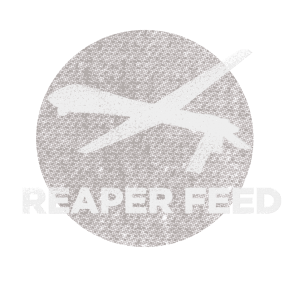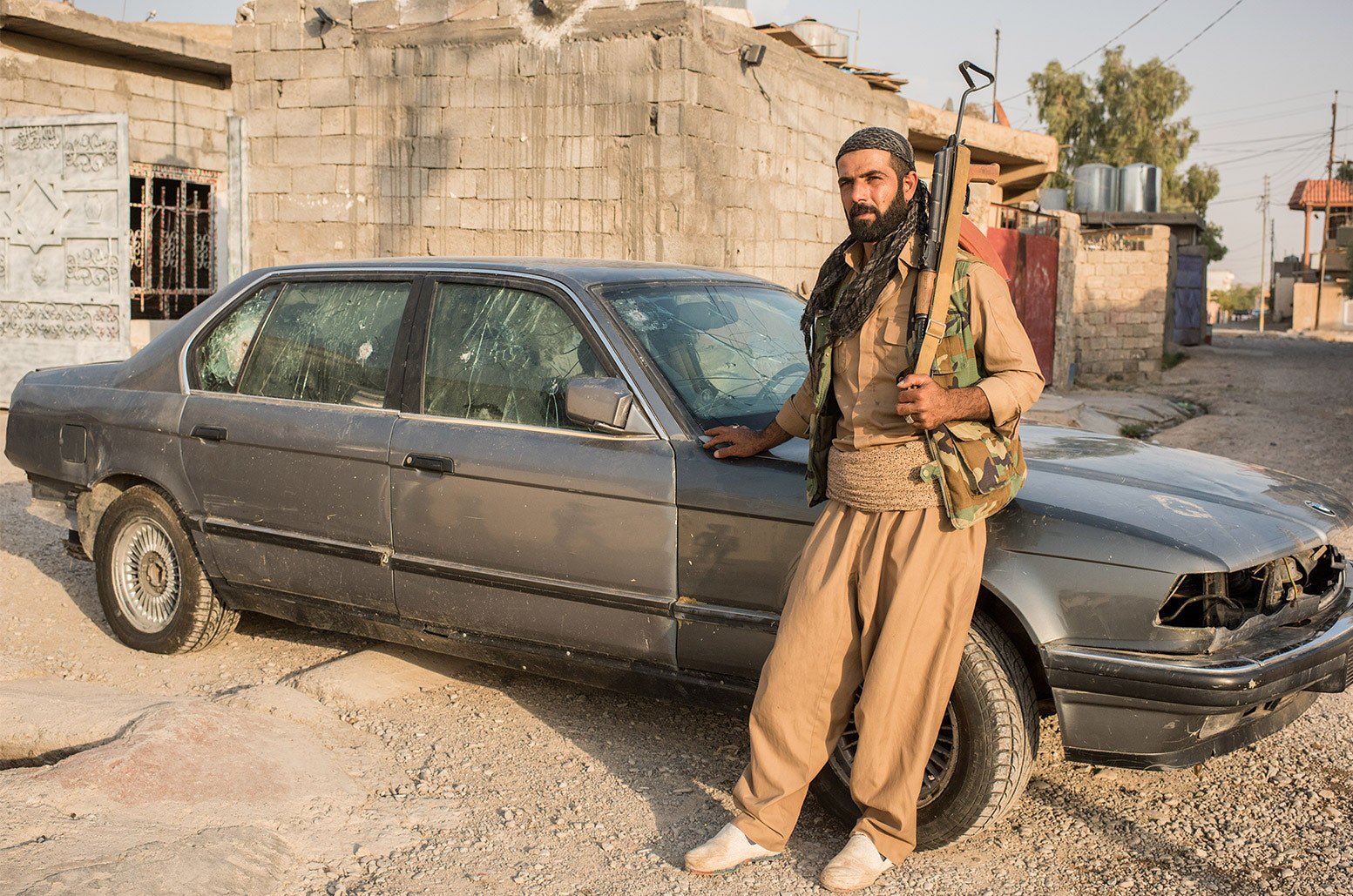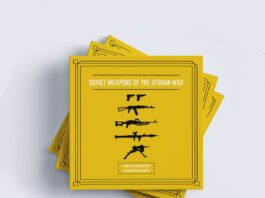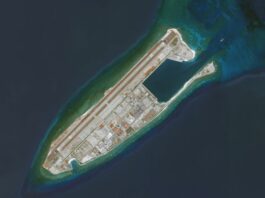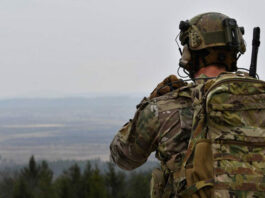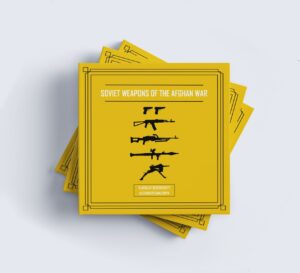At Reaper Feed we have huge amounts of respect for the Kurdish Peshmerga fighters on the frontline against ISIS. So when one of our Twitter followers sent us photos of a Peshmerga fighter named Ako Abdulrahman taking on ISIS and rescuing hostages in a bulletproof BMW, writing an article about the exploits of this Kurdish hero was the only right response.
Ako Abdulrahman was in the oil-rich city of Kirkuk, Iraq when it was quickly surrounded by ISIS fanatics determined to capture it and carry out its barbaric campaign on its citizens.
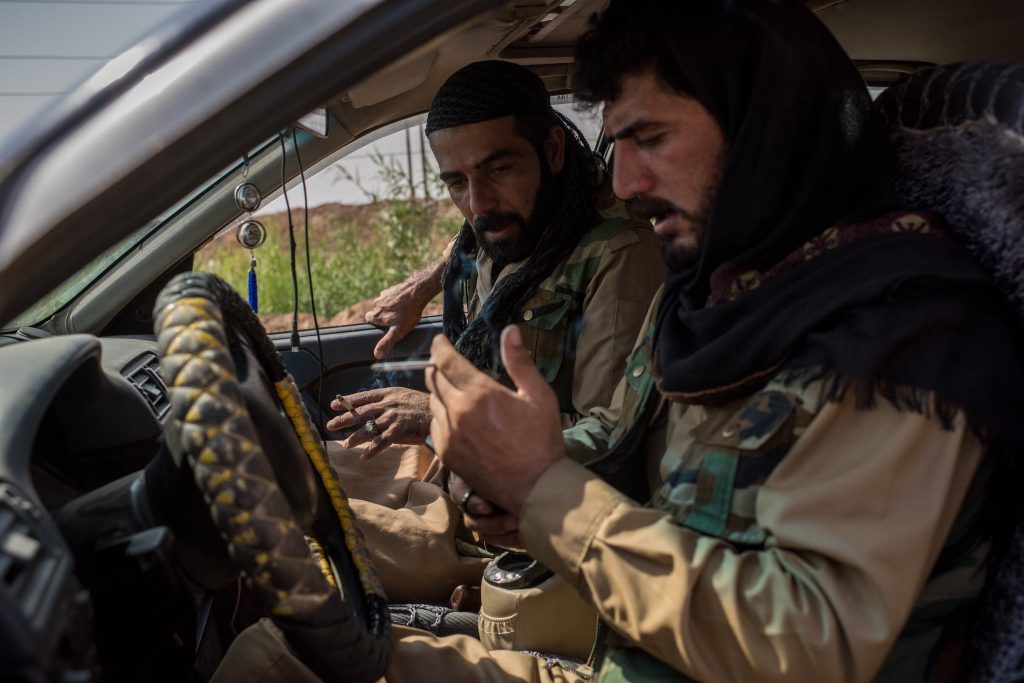
A small army of ISIS militants launched their coordinated attack on Kirkuk on the morning of October 21st, 2014. In the opening stages of the battle, over 100 civilians and Peshmerga security forces were killed or severely wounded. Many more people were left trapped due to the indiscriminate firing carried out by ISIS.
Abdulrahman refused to sit idly and let this happen and, like many Kurds, decided to leave his wife and four children to head to the frontline and take ISIS head-on. To do this, he knew he needed protection. At a car auction in Kirkuk, he handed over $10,000 for a bulletproof BMW from the early 1990s. At the time, Ako Abdulrahman didn’t realize that the vehicle would end up saving the lives of dozens of people.
“My friends were very happy when I bought the armored car. We started driving in it to the front line near Kirkuk, not worried about ISIS drive-by shootings or roadside bombs.”
– Ako Abdulrahman in an interview with CNN
To assist the trapped civilians and security forces, Abdulrahman drove his armored BMW through the besieged city, returning, again and again, to collect the injured, as ISIS fanatics sprayed the vehicle with assault rifle rounds and narrowly missed it with RGPs.
Despite bullets bouncing off the bulletproof windshield and almost killing him, overall, he had saved over 70 people from being killed by ISIS as well as retrieving the bodies of many of those who had died.
The heroic actions of the Peshmerga fighter were summed up in a poignant and refreshing statement that offers a glimpse of hope in an Iraq torn apart by sectarian violence: “In my car, I carried Sunni, Shiite, Kurds, Turkmen, and Christians. I felt like I am truly Iraq and this is who everyone should be”
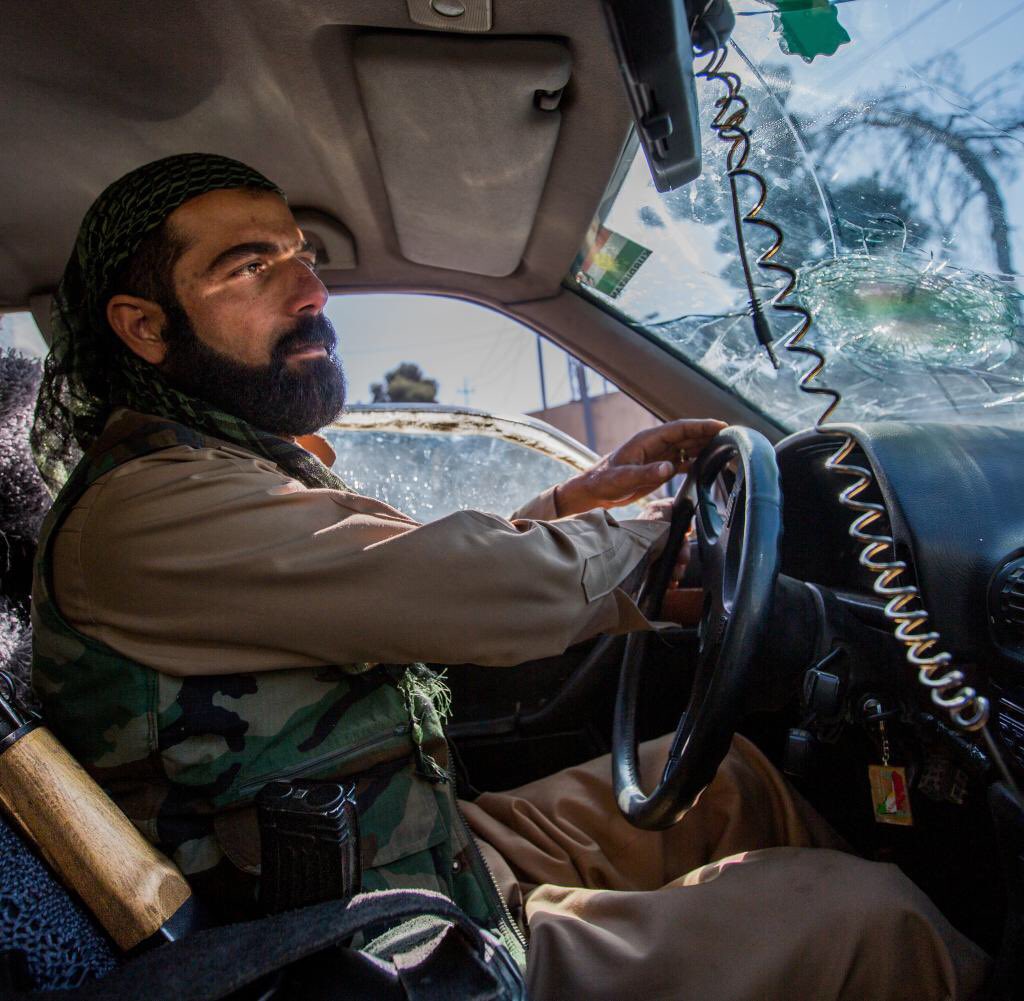
In recognition of his actions, Abdulrahman was invited for a meeting with the governor of Kirkuk who issued him a certificate and personally thanked him as well as offered him a reward of 500,000 Iraqi dinars (around $385) for his bravery. However, although Abdulrahman was pleased with the certificate he was offended by the offering of a cash reward as he felt his actions should be something that every Iraqi should be willing to do.
I told myself, this is the right time. I am a fighter and I have a bulletproof car, shame on me if I can’t help. When I arrived at the scene, I saw many people on the ground, civilians and security forces and no one could dare to come close because of ISIS snipers and random shooting. My car received more than 50 bullets, there are bullet holes all over it because ISIS kept shooting, hoping to penetrate my car to kill me and kill the wounded people inside it.
– Ako Abdulrahman in an interview with CNN
The actions of Abdulrahman were not only recognized in Iraq. BMW heard the story of the heroic Peshmerga fighter and his bulletproof car and offered him a brand new BMW model in exchange for his trusty, bullet-riddled 1990s version which they wanted to display in the BMW headquarters in Munich. But Ako was not interested. Instead, he chose to repair his battlefield tested car so he can keep using it.
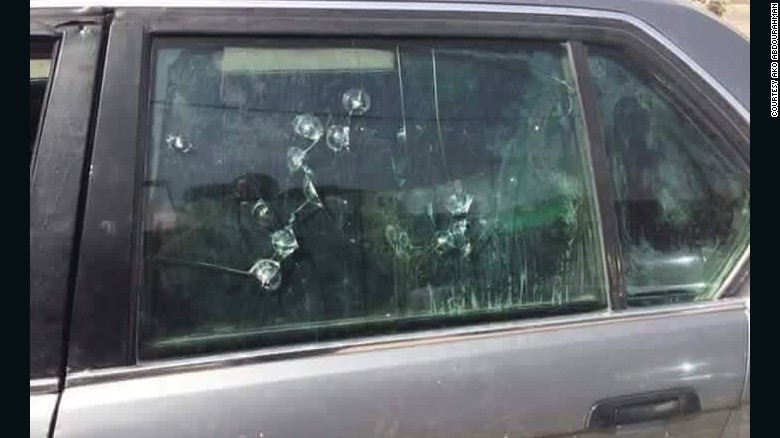
What is the Kurdish Peshmerga?
In Kurdish, the word Peshmerga translates to Those who face death. The Kurdistan region of Northern Iraq is autonomous in the country and as a result, the Iraqi military is forbidden to enter the country. Thus the security of Iraqi Kurdistan is handled by the Kurdish Peshmerga which are the local military and security forces under the command of the Kurdistan Regional Government’s Ministry of Peshmerga Affairs.

The Peshmerga predate modern Iraq and were originally formed as a tribal pseudo-military border guard under the reign of the Ottoman Empire and the Safavids. In the 19th century, the Peshmerga transformed into a well-trained, disciplined guerrilla force.
Today, the Peshmerga is divided into two factions based around the two regional political parties. One half of the Peshmerga is controlled by the Democratic Party of Kurdistan (DPK) and the other half is controlled by the Patriotic Union of Kurdistan (PUK). This division has proved to be a major barrier in the advancement of the group.
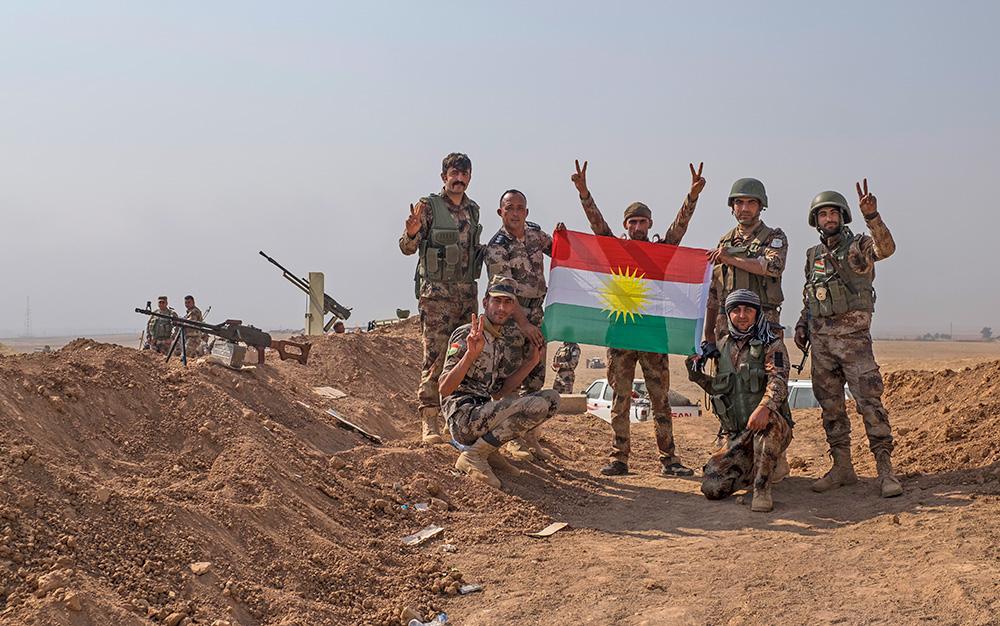
Although men make up the majority of the modern Peshmerga, throughout its existence, Kurdish women have played a significant and iconic role in the group. During the Iraqi–Kurdish conflict the majority of women served within the Peshmerga in supporting roles such as building camps, taking care of the wounded, and carrying munitions and messages.
The PUK faction of the Peshmerga introduced women to the frontline in the Kurdish Civil War of the mid-1990s. These Peshmerga women were given short and sharp 45 days of training which focused on weapons and drill training. Some of these PUK women would later go on to play a part in the US-led Operation Viking Hammer in 2003. In the current fight against ISIS, PUK Peshmerga women are heavily active in combat against the terror group on the front line.

As well as proving to be one of the last lines of defense against ISIS in Iraq and Syria, the Peshmerga have proved to valuable allies to the West in the years prior to ISIS. For example, during the Iraq War in 2003, the Peshmerga played a major role in the mission to capture Saddam Hussein.
In 2004, the Peshmerga successfully captured key al-Qaeda figure Hassan Ghul before handing him over to the CIA. Under interrogation, Ghul confessed to knowing the identity of Osama bin Laden’s messenger. This intelligence subsequently led to Operation Neptune Spear and the death of Osama bin Laden.
